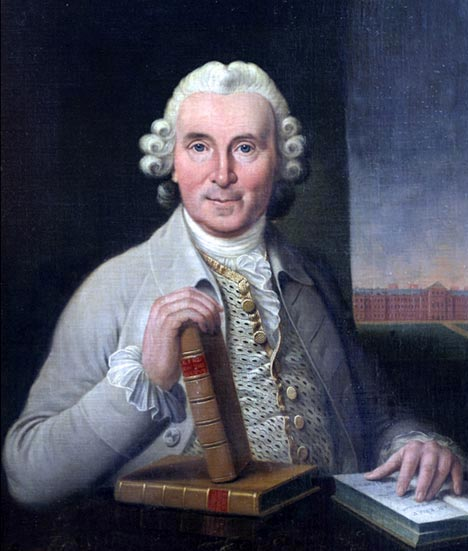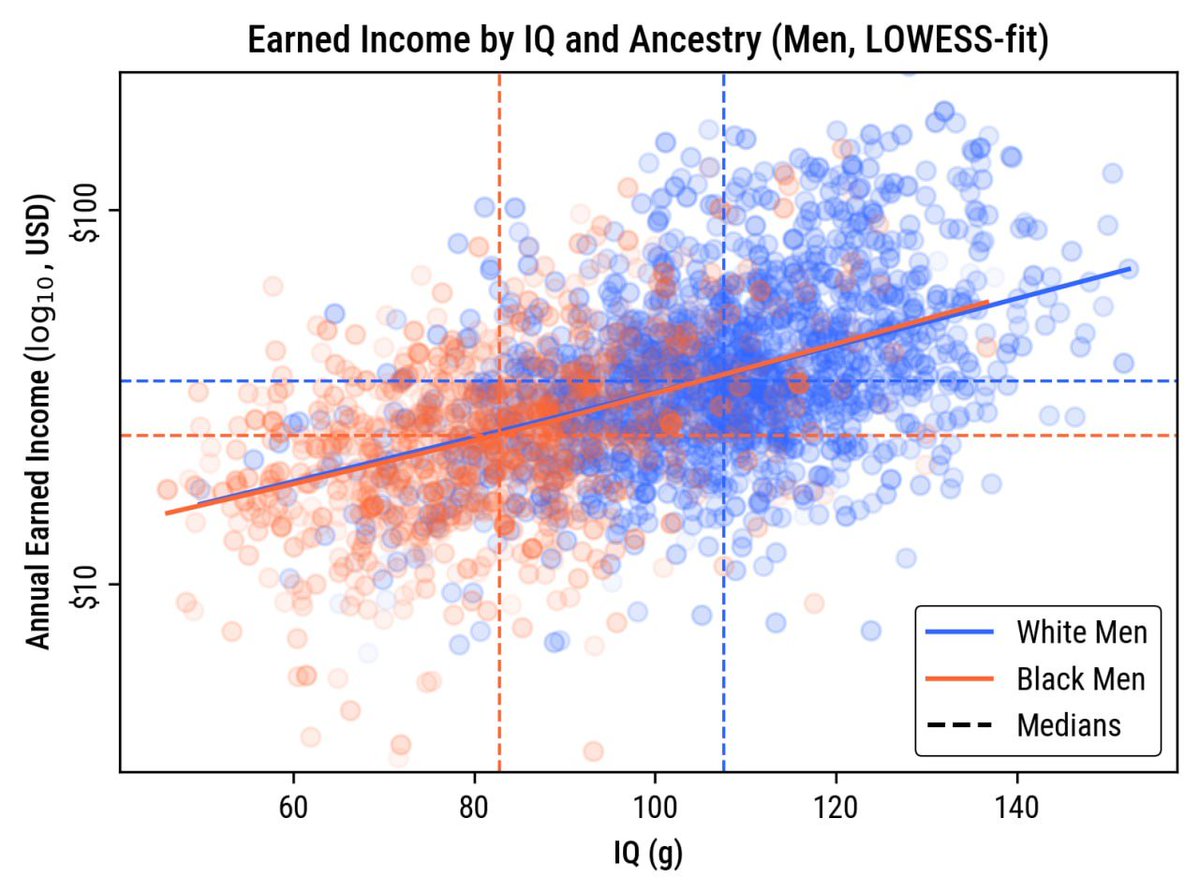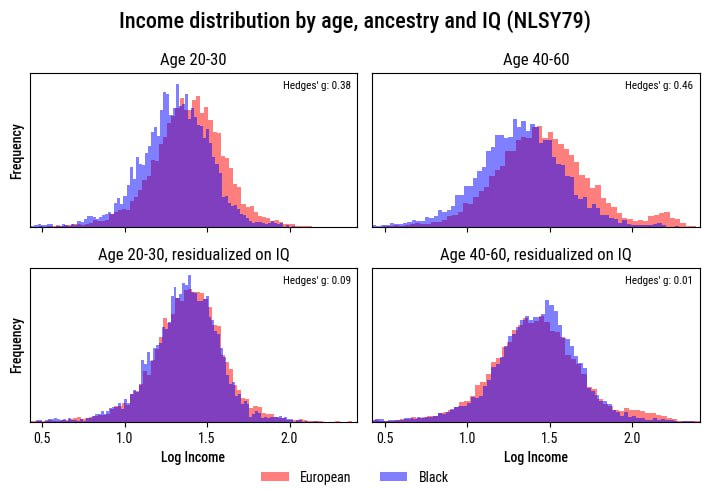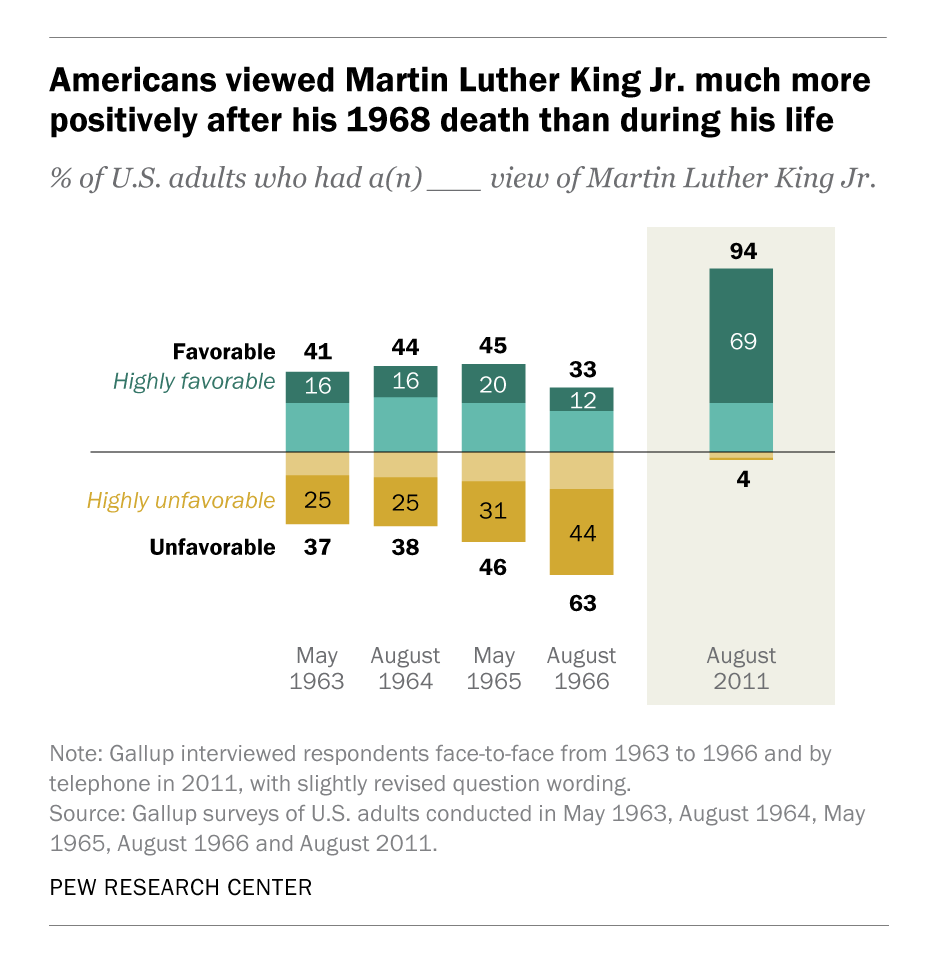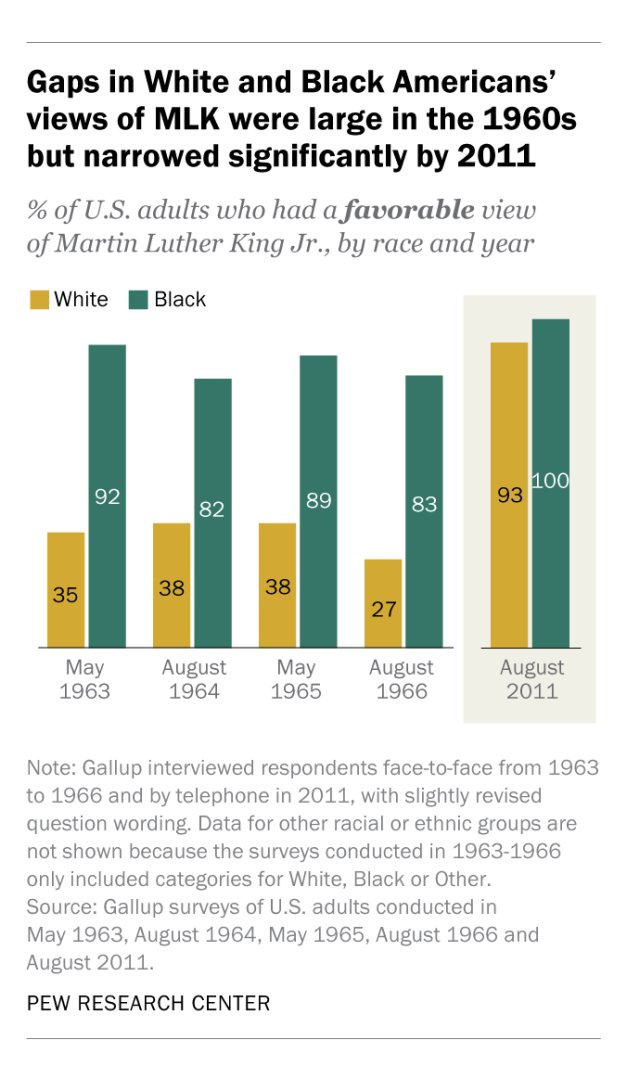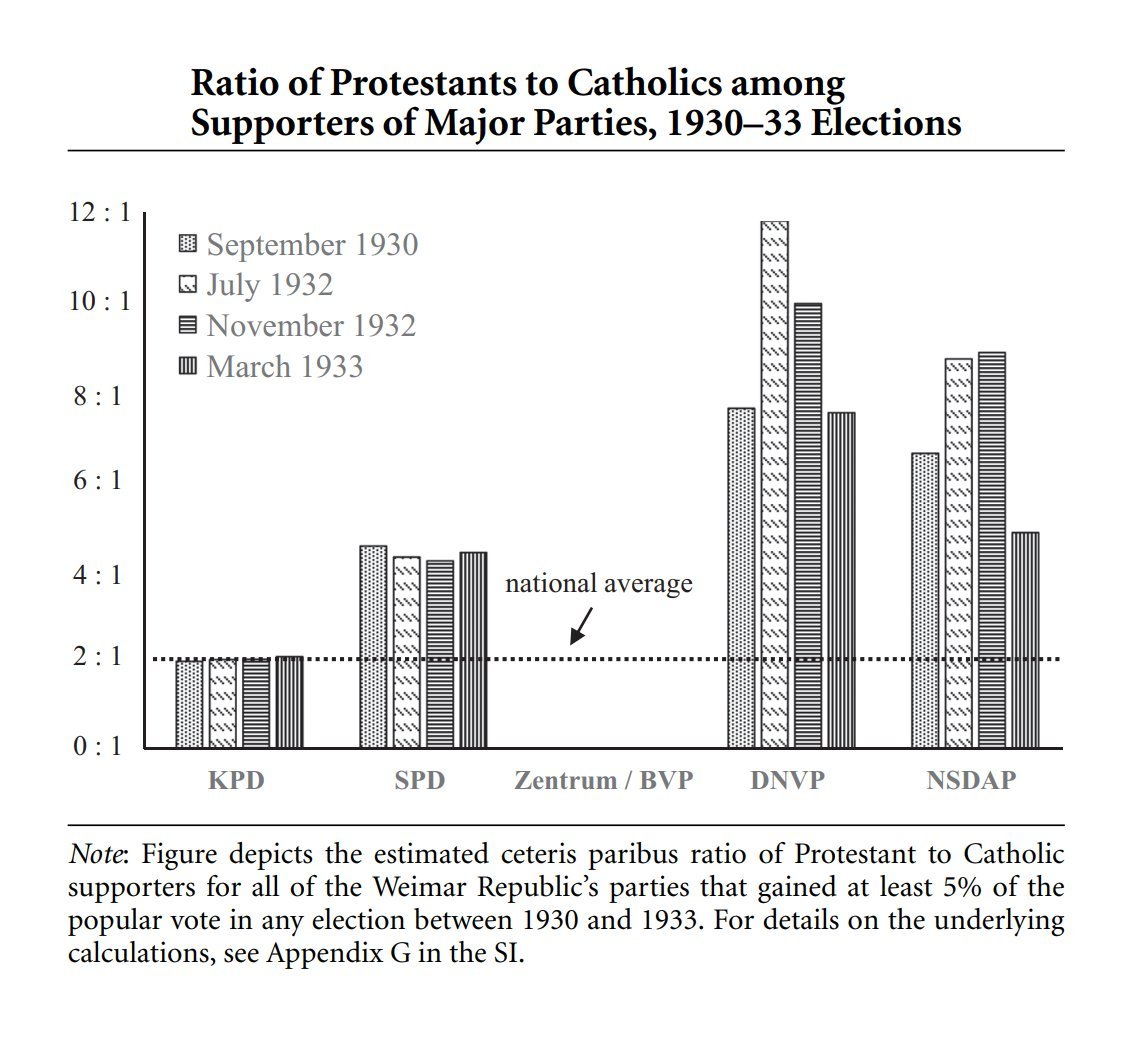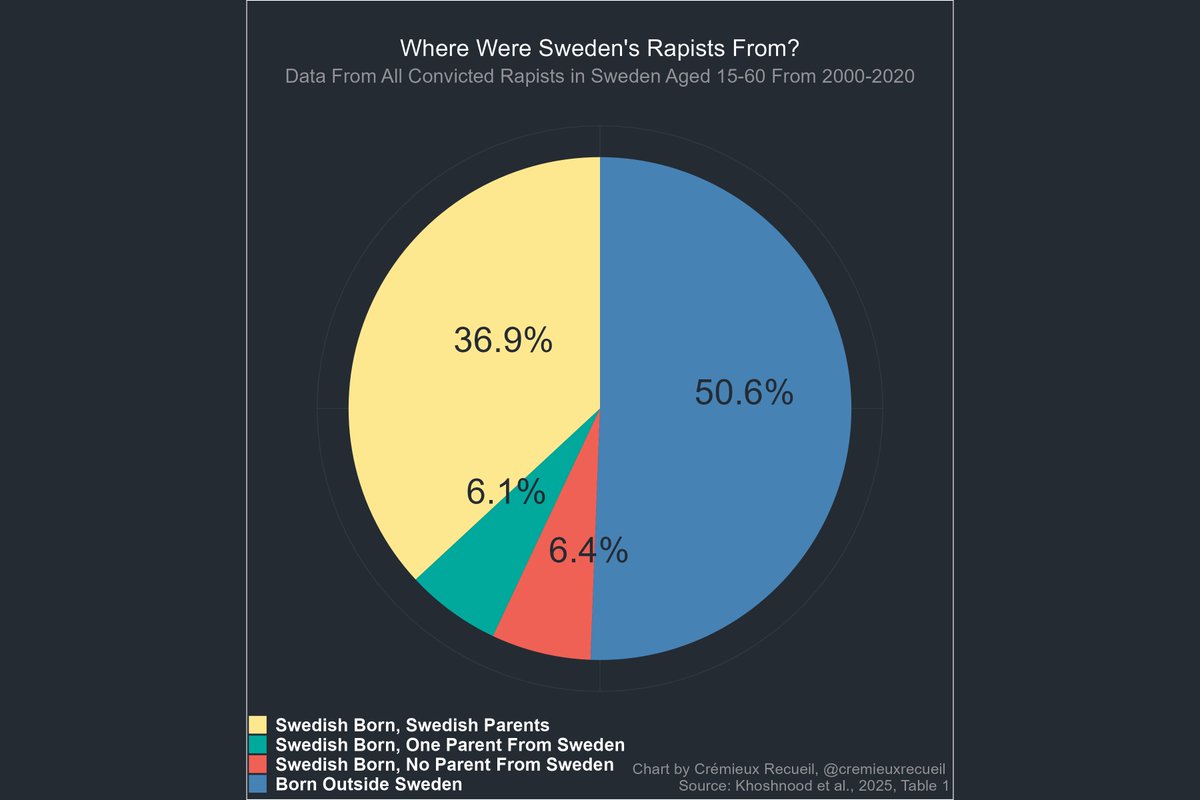The biggest news of the day should once again be about DOGE.
A new Executive Order was passed a few minutes ago.
It empowers DOGE to spearhead the complete reorganization of the federal government🧵
A new Executive Order was passed a few minutes ago.
It empowers DOGE to spearhead the complete reorganization of the federal government🧵

The first part of this Order is simple:
The OMB will put out a plan to make the federal workforce smaller and more efficient, including a stipulation that agencies must remove four existing employees for each new hire, with some exceptions.
The OMB will put out a plan to make the federal workforce smaller and more efficient, including a stipulation that agencies must remove four existing employees for each new hire, with some exceptions.

The second part is meatier.
New hires have to be approved by newly-installed DOGE Team Leads in each agency. These Team Leads will report what goes on in the agency they're assigned to on a monthly basis.
But that's not even the big part yet.
New hires have to be approved by newly-installed DOGE Team Leads in each agency. These Team Leads will report what goes on in the agency they're assigned to on a monthly basis.
But that's not even the big part yet.

Third, agency heads will prepare for a massive reduction in the federal workforce.
This workforce reduction will apply to employees not performing necessary and statutorily mandated functions, so if Congress isn't protecting your job, you're likely leaving.
This workforce reduction will apply to employees not performing necessary and statutorily mandated functions, so if Congress isn't protecting your job, you're likely leaving.

Fourth, suitability judgments about the excepted service will be expanded.
People who do not meet certain legal obligations, people who do not certify NDA compliance, and people who steal or misuse government resources are deemed no longer suitable for employment in it.
People who do not meet certain legal obligations, people who do not certify NDA compliance, and people who steal or misuse government resources are deemed no longer suitable for employment in it.

Here's the really big part of this order. It's kind of buried down deep, but it's very important:
Agencies are ordered to develop a comprehensive reorganization plan that identifies offices that can be purged because they lack statutory protections, and offices to consolidate.
Agencies are ordered to develop a comprehensive reorganization plan that identifies offices that can be purged because they lack statutory protections, and offices to consolidate.

Putting this all together, what the Order entails is a massive reorganization of the federal workforce and the streamlining of the civil service to make its operation line up with the goals of DOGE.
Not only that, but it empowers DOGE by embedding Team Leads for oversight.
Not only that, but it empowers DOGE by embedding Team Leads for oversight.
Couple this with the February 4 OPM memo on CIOs, and what we have is staggering:
The federal government will be centralized, stripped down, and more intimately controlled by the President and his delegates, with control enhanced via DOGE.
The federal government will be centralized, stripped down, and more intimately controlled by the President and his delegates, with control enhanced via DOGE.
https://x.com/cremieuxrecueil/status/1886953423368573017
This is the biggest news of the day, and it's hard to overstate just how big it is.
Because the federal government has grown so unwieldy that no one can provide you with a semblance of an outline of it, measures like this may just be needed to tame the beast.
Get ready!
Because the federal government has grown so unwieldy that no one can provide you with a semblance of an outline of it, measures like this may just be needed to tame the beast.
Get ready!
You can read the EO here: whitehouse.gov/presidential-a…
• • •
Missing some Tweet in this thread? You can try to
force a refresh




